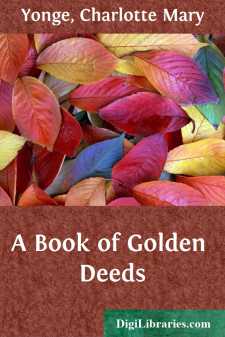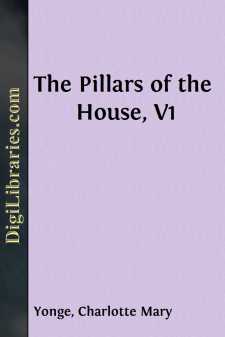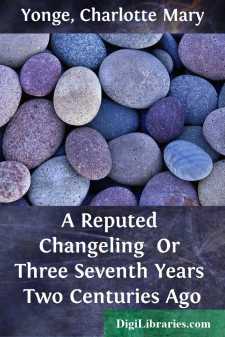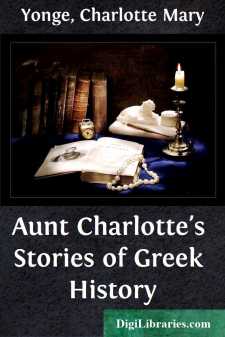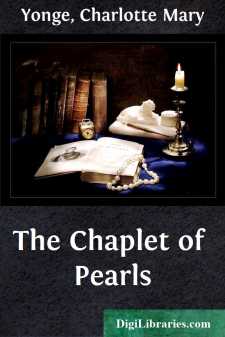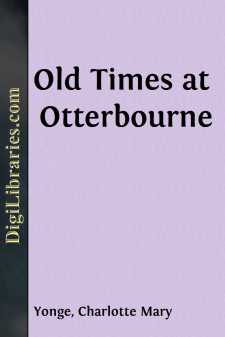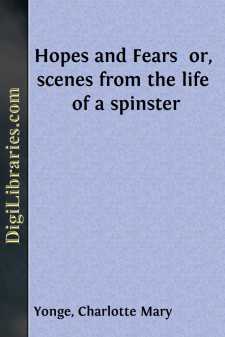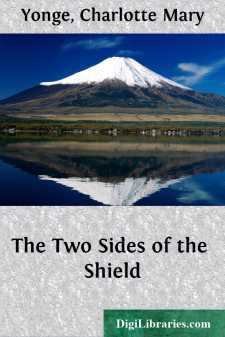Categories
- Antiques & Collectibles 13
- Architecture 36
- Art 48
- Bibles 22
- Biography & Autobiography 813
- Body, Mind & Spirit 142
- Business & Economics 28
- Children's Books 17
- Children's Fiction 14
- Computers 4
- Cooking 94
- Crafts & Hobbies 4
- Drama 346
- Education 46
- Family & Relationships 57
- Fiction 11829
- Games 19
- Gardening 17
- Health & Fitness 34
- History 1377
- House & Home 1
- Humor 147
- Juvenile Fiction 1873
- Juvenile Nonfiction 202
- Language Arts & Disciplines 88
- Law 16
- Literary Collections 686
- Literary Criticism 179
- Mathematics 13
- Medical 41
- Music 40
- Nature 179
- Non-Classifiable 1768
- Performing Arts 7
- Periodicals 1453
- Philosophy 64
- Photography 2
- Poetry 896
- Political Science 203
- Psychology 42
- Reference 154
- Religion 513
- Science 126
- Self-Help 84
- Social Science 81
- Sports & Recreation 34
- Study Aids 3
- Technology & Engineering 59
- Transportation 23
- Travel 463
- True Crime 29
That Stick
Categories:
Description:
Excerpt
CHAPTER I
HONOURS
‘Oh, there’s that stick. What can he want?’ sighed one of a pair of dignified elderly ladies, in black silk, to the other, as in a quiet country-town street they saw themselves about to be accosted by a man of about forty, with the air of a managing clerk, who came up breathlessly, with a flush on his usually pale cheeks.
‘Miss Lang; I beg pardon! May I be allowed a few words with Miss Marshall? I know it is unusual, but I have something unusual to tell her.’
‘Nothing distressing, I hope, Mr. Morton,’ said one of the ladies, startled.
‘Oh no, quite the reverse,’ he said, with a nervous laugh; ‘in fact, I have unexpectedly come into a property!’
‘Indeed!’ with great astonishment, ‘I congratulate you,’ as the colour mounted in his face, pleasant, honest, but with the subdued expression left by long years of patience in a subordinate position.
‘May I ask—’ began the other sister.
‘I hardly understand it yet,’ was the answer; ‘but I must go to town by the 5.10 train, and I should like her to hear it from myself.’
‘Oh, certainly; it does you honour, Mr. Morton.’
They were entering the sweep of one of those large substantial houses on the outskirts of country towns that have a tendency to become boarding-schools, and such had that of the Misses Lang been long before the days of the High School.
‘Fortunately it is recreation-time,’ said Miss Lang, as she conducted Mr. Morton to the drawing-room, hung round with coloured drawings, in good taste, if stiff, and chiefly devoted to interviews with parents.
‘Poor little Miss Marshall!’ murmured one sister, when they had shut him in.
‘What a loss she will be!’
‘She deserves any good fortune.’
‘She does. Is it not twenty years?’
‘Twenty-two next August, sister.’
Yes, it was twenty-two years since Mary Marshall had been passed from the Clergy Orphan Asylum to be English governess at Miss Lang’s excellent school at Hurminster. In that town resided, with her two sons, Mrs. Morton, the widow of a horse-dealing farmer in the late Mr. Marshall’s parish. On discovering the identity of the English governess with the little girl who had admired the foals, lambs, and chickens in past times, Mrs. Morton gave invitations to tea. She was ladylike, the sons unexceptionable, and no objection could reasonably be made by the Misses Lang, though the acquaintance was regretted by them.
Mr. Morton, the father, had died in debt and distress, and the eldest son had been thankful for a clerkship in the office of Mr. Burford, a solicitor in considerable practice, and man of business to several of the county magnates. Frank Morton was not remarkable for talent or enterprise, but he was plodding and trustworthy, methodical and accurate, and he had continued in the same position, except that time had made him senior instead of junior clerk. Partly from natural disposition, partly from weight of responsibility, he had always been a grave, steady youth, one of those whom their contemporaries rank as sticks and muffs, because not exalted by youthful spirits or love of daring. His mother and brother had always been his primary thought; and his recreations were of the sober-sided sort—the chess club, the institute, the choral society. He was a useful, though not a distinguished, member of the choir of St. Basil’s Church, and a punctual and diligent Sunday-school teacher of the least interesting boys. To most of the world of Hurminster he was almost invisible, to the rest utterly insignificant. Even his mother was far less occupied with him than with his brother Charles, who was much handsomer, more amusing and spirited, as well as far less contented or easy to be reckoned upon. But there was one person to whom he was everything, namely, little brown-eyed, soft-voiced Mary Marshall.
She felt herself the happiest of creatures when, after two years of occasional evening teas and walks to Evensong at St....





